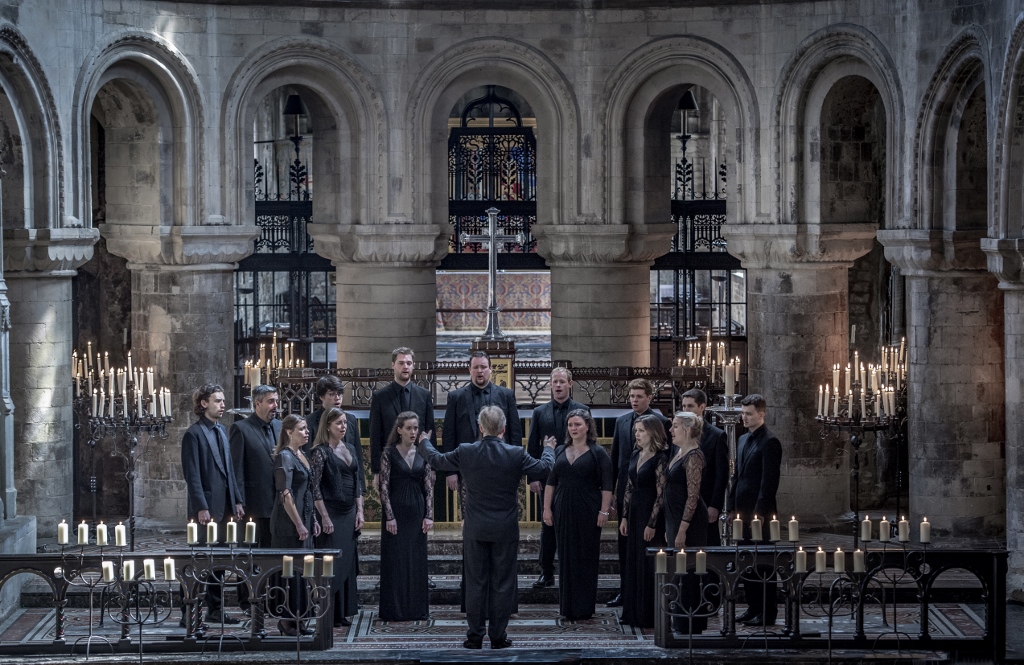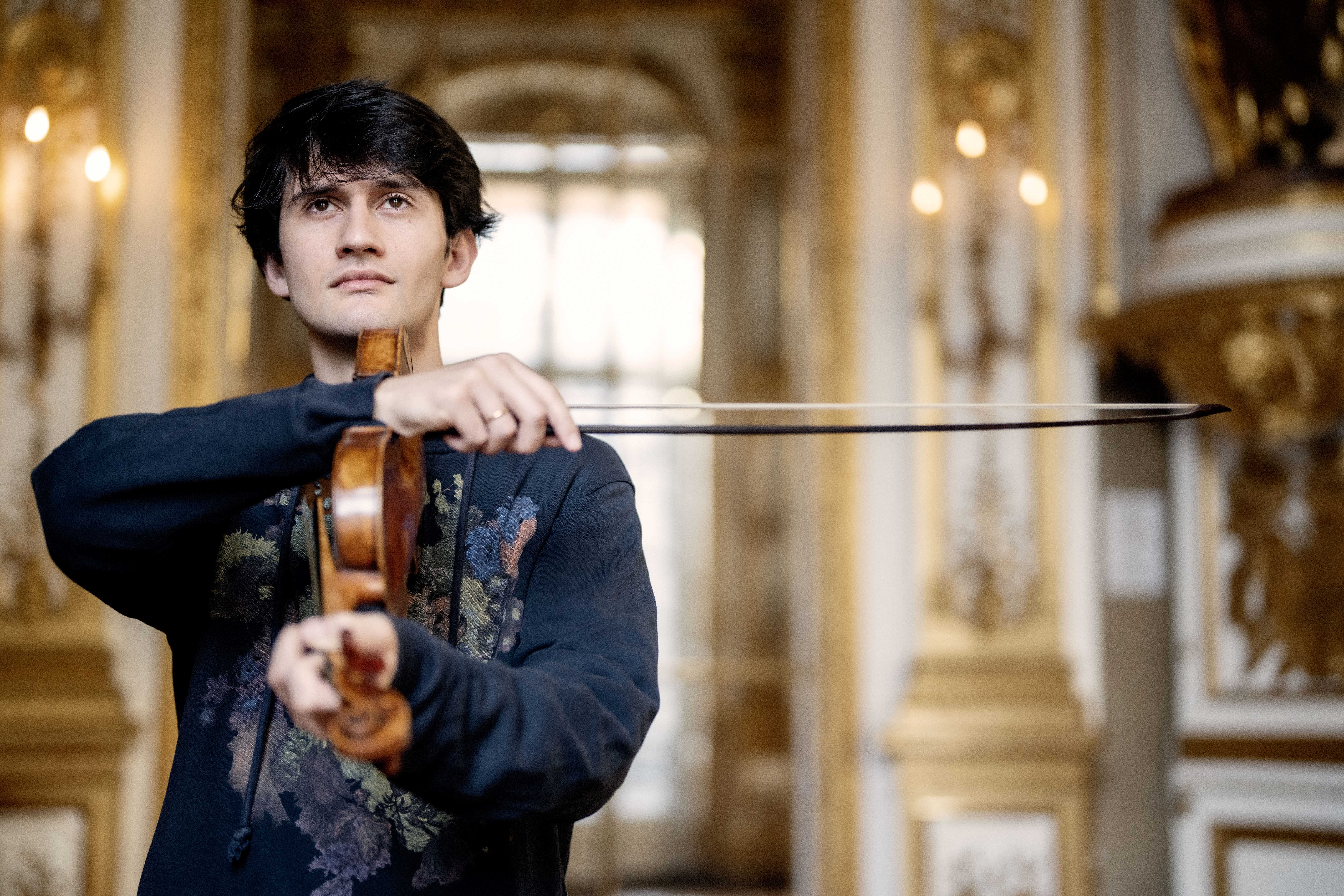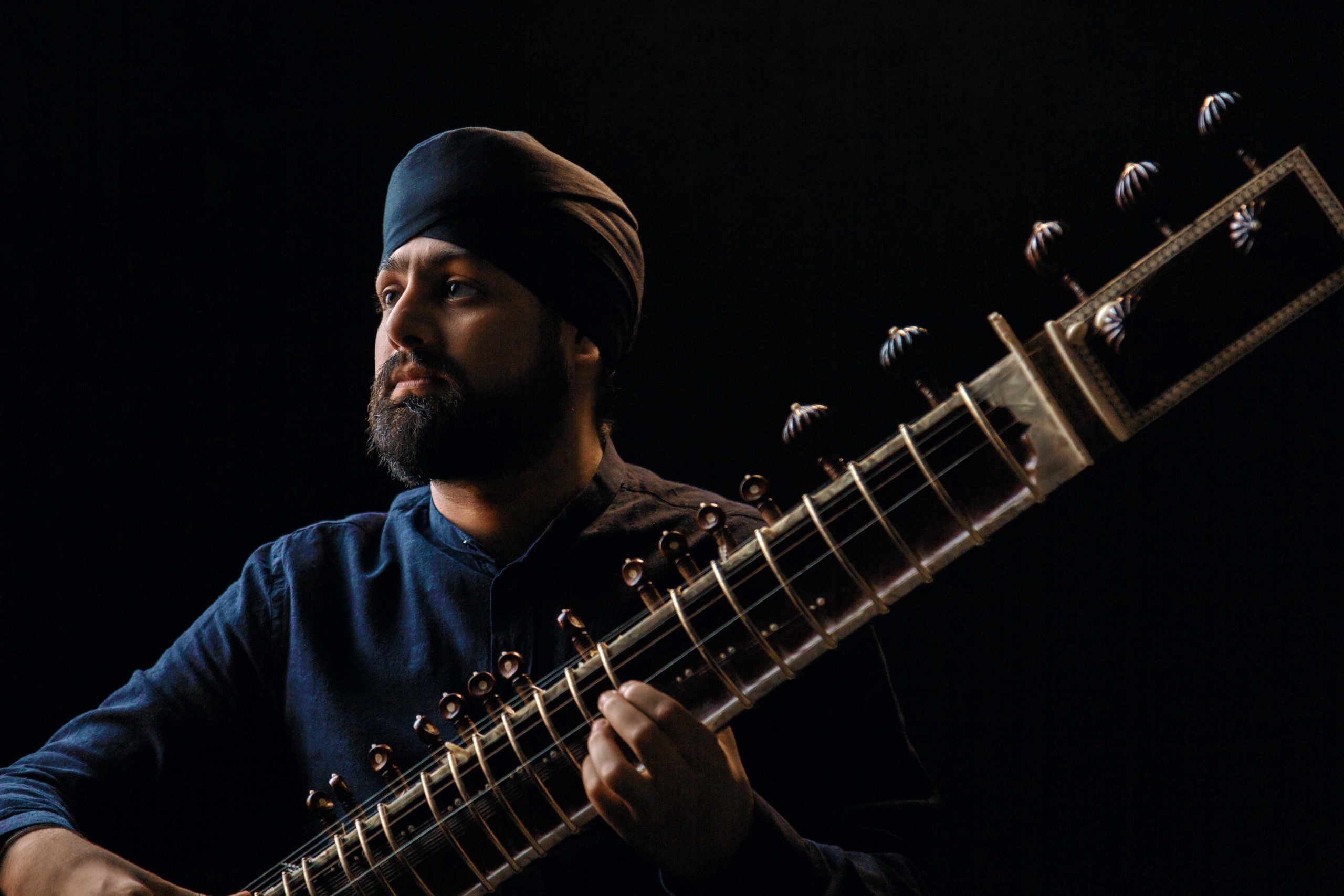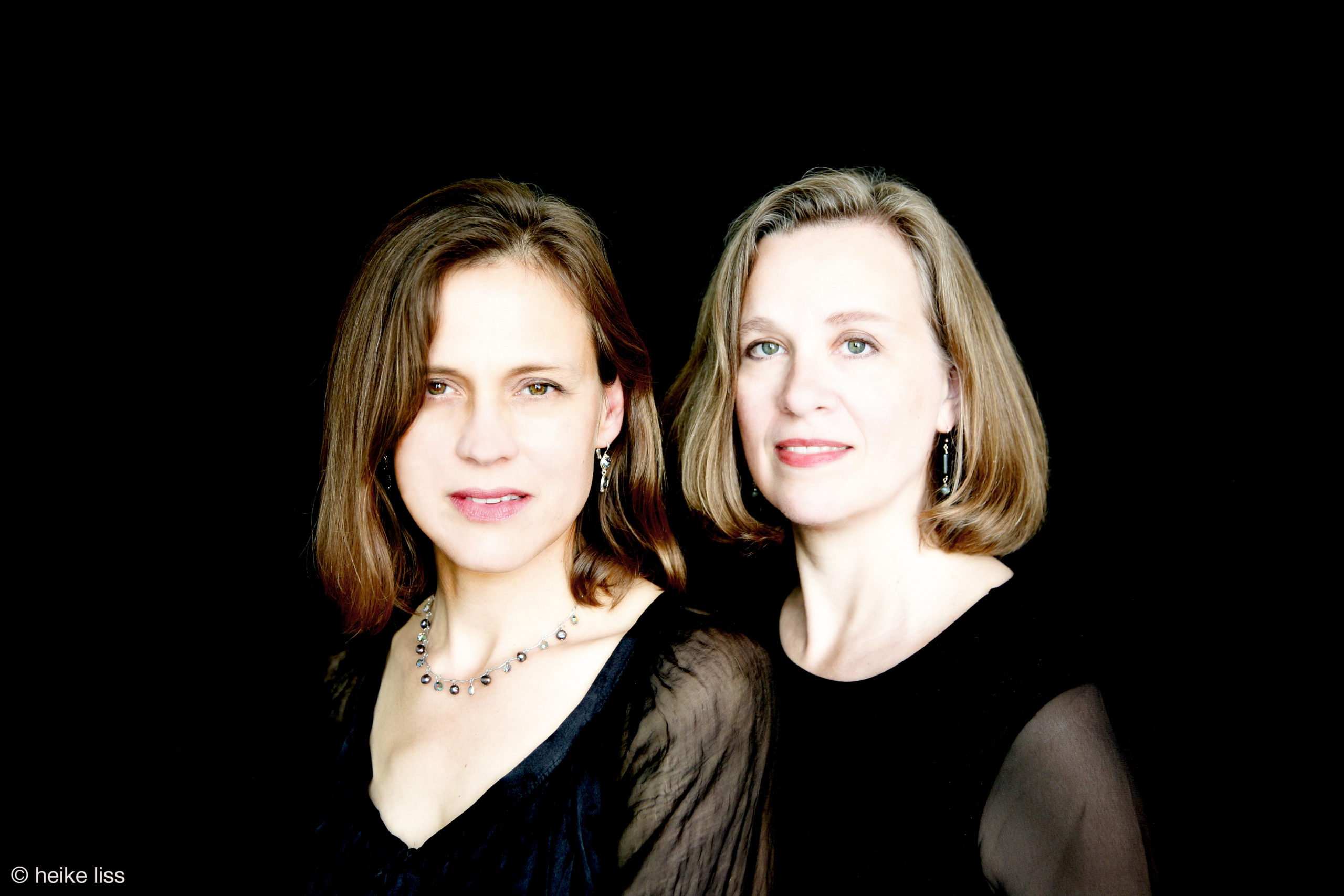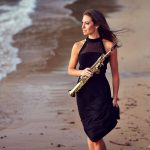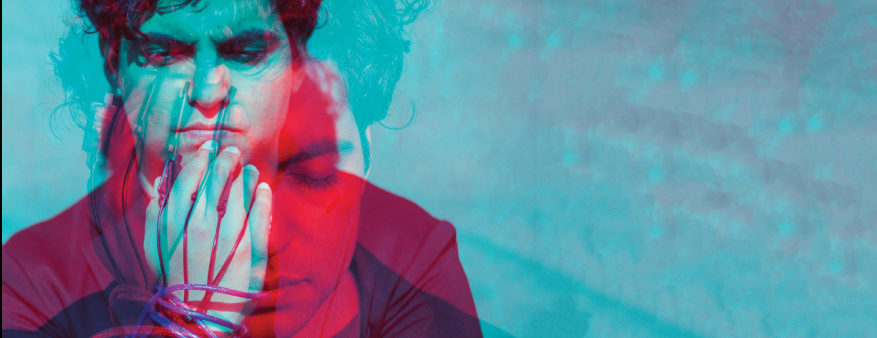
Keyboard engineering
With a reputation for daring, boundary-pushing music, how does pianist/technologist Zubin Kanga fit with the more conventional classical sounds at this year’s Cambridge Music Festival? Never underestimate your audience’s appetite for something new, he tells the Cambridge Independent.
Keyboard engineering
For a moment, everything seems relatively normal, as Zubin Kanga effortlessly reels off a few gentle, jazz-inflected bars at the piano. Then he stops, swivels towards a synthesizer and, with the final introductory note still fading, plays what sounds like a noise-compressed bomb detonation while intoning: “VOTE FOR EMPTINESS AND CONTEMPORARY YUPPY SOUNDS.”
A screen displays a ‘programme loading’ bar. Zubin puts his finger to his lips. More distorted noise. We’re about 30 seconds in.
This is WIKI-PIANO.NET, by the German experimental composer Alexander Schubert, and it is among four works that Zubin – one of the most exciting innovators in classical music today – will be playing at the Cambridge Music Festival.
It’s quite unlike anything you’ve heard before: mainly because it’s never the same twice. WIKI-PIANO.NET is continually evolving. Its score is a web page, combining music, text, photos, video and instructions (one currently reads: ‘Apologise to audience: 1 second’). Anyone can log in and change the contents at any time. Try it now, if you like.
“It’s an amazing project,” Zubin says. “I hope people will go in before this concert and change it around. In a basic sense, it’s a musical snapshot of the experience of being online. But what’s interesting is that although you can destroy what’s there, people seem more interested in creating something new.”
Zubin Kanga is 36, and describes himself as a pianist, composer, improviser and technologist, happiest when working at the absolute cutting edge of contemporary music. He has collaborated with artists internationally, premiered hundreds of works, and won extensive acclaim for testing the boundaries of what a piano can do and what classical music means.
He seems to imagine music as an infinitely unfurling universe of sound worlds to explore. Right now, for example, he is planning a new project in which pianists will manipulate the instrument’s sound “by conducting through the air” using motion sensors. “It’s more than merely working with computers,” he says, when asked what the term ‘technologist’ means. “It’s about always pushing the field forward, using technology to expand what a musician can do on stage.”
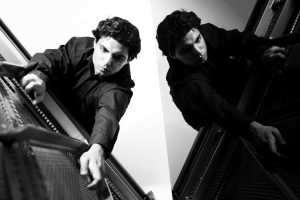
Zubin grew up in Sydney, Australia, and despite a thorough grounding in traditional music, quickly gravitated towards the experimental. “It was very natural,” he says. “I had grown up with this classical canon; suddenly here was a whole world of new options, made by people working at the edge of the form.”
He has sought such people out ever since – collaborating, composing and performing, in particular as a member of Ensemble Offspring, which champions new music. He is also an active academic researcher, studying how music can be combined with other media and technologies, like film, artificial intelligence, and VR.
Some of these preoccupations shape his programme for the Festival on 13 November, which explores the possibilities of combining the piano, electronics, video and and an analogue synth. One piece by Nicole Lizée, for example, comprises musical responses to looping fragments of Martin Scorsese films. In another, beautiful, understated work by Claudia Molitor, Zubin plays in time with a projected video of the composer’s hand writing the score.
[youtube]https://www.youtube.com/watch?v=E20pb_OR–0[/youtube]
The concert will also feature the world premiere of his own composition: Transformations III, which he describes as “a dance” between synth and piano. “It’s not a combination you encounter very much,” Zubin explains. “The piano is loaded with centuries of tradition; the synth has specific connotations with pop. There’s a mutual resistance. I’m interested in getting them to duet.”
Overwhelmingly, this is music full of innovation and outlandish daring – which rather begs the question whether it belongs at a classical music festival. Consider, though, that this year’s Cambridge Music Festival sets 1930s jazz, or work by the pioneering 20th century composer Olivier Messiaen, alongside the more familiar, sublime choral singing in college chapels, and it seems a natural context for discovery and adventure.
Besides, Zubin argues, one should never underestimate the audience. “It’s important not to alienate people, but classical audiences are more adventurous than we give them credit,” he says. “I find that they are often interested in music that challenges our view of the piano, just as they might be interested in music by a lesser-known composer. Most people are curious. They want to keep discovering new experiences.”
Zubin Kanga: Piano, Electronics & Video. Wednesday, 13 November, Mumford Theatre, Anglia Ruskin University, 1.10pm to 2pm. The concert is unticketed: first come, first served.

